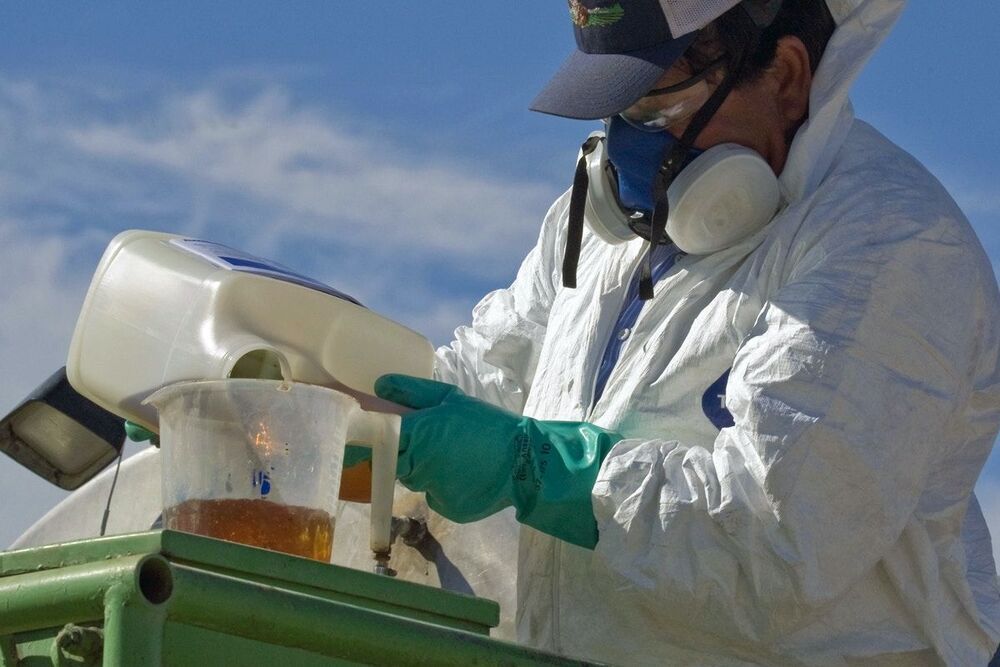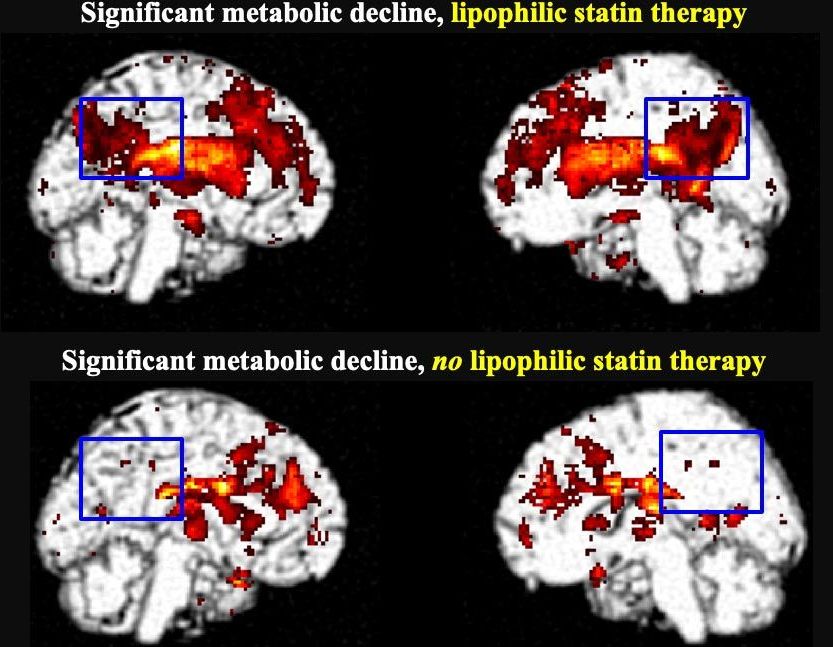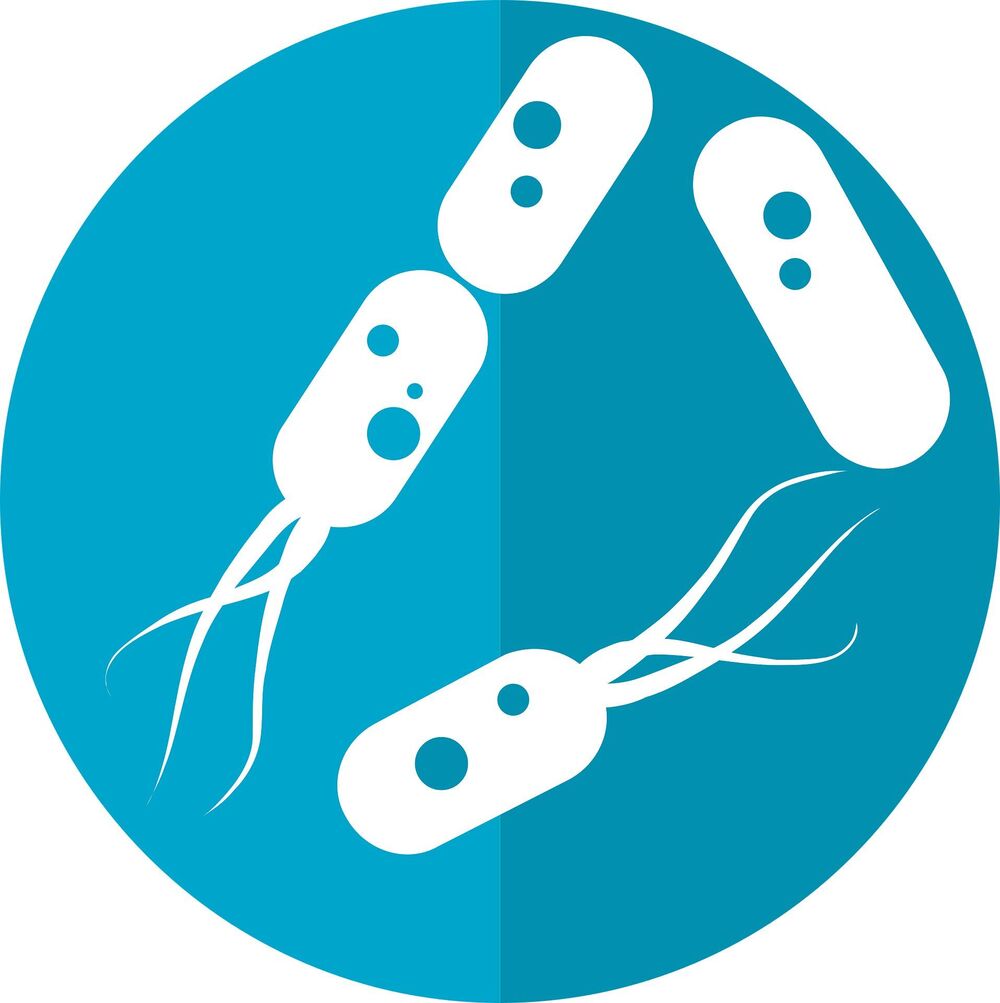“I realized that in the middle-dose group, which is the one that mattered for the no-effects level, they had conveniently left out one of the two baseline measurement days,” said Sheppard. “The outrageous thing was that the group they declared as NOEL was only that because they left out data from their analysis.” In a peer-reviewed paper published in October 2020, Sheppard and her colleagues concluded that “the omission of valid data without justification was a form of data falsification.”
In any case, bifenthrin was not the only pesticide that dodged testing to see if it presented dangers. The EPA’s pesticide office granted 972 industry requests to waive toxicity tests between December 2011 and May 2018, 89 percent of all requests made. Among the tests on pesticides that were never performed were 90 percent of tests looking for developmental neurotoxicity, 92 percent of chronic cancer studies, and 97 percent of studies looking at how pesticides harm the immune system.
By law, the companies that submit their products for review pay for these tests, and in a presentation about the waivers last year, Anna Lowit, a senior science adviser in the office, emphasized the savings to these companies: more than $300 million. Lowit also noted that animal lives were saved — a goal that the Trump administration and the chemical industry prioritized within the agency. The EPA developed the guidelines for waiving the tests along with BASF, Corteva, and Syngenta, pesticide manufacturers that all stand to benefit significantly from having their products bypass toxicity testing.
There is no replacement for these waived experiments, according to pediatrician and epidemiologist Philip Landrigan. “There is no other way to know if a chemical is toxic but to test it,” said Landrigan, who co-authored a landmark report on children’s particular vulnerability to pesticides. “If they allow chemicals to come onto the market and to be used widely in the environment and put on food crops without testing them for toxicity, then EPA is clearly not fulfilling its mandate to protect human health.”







